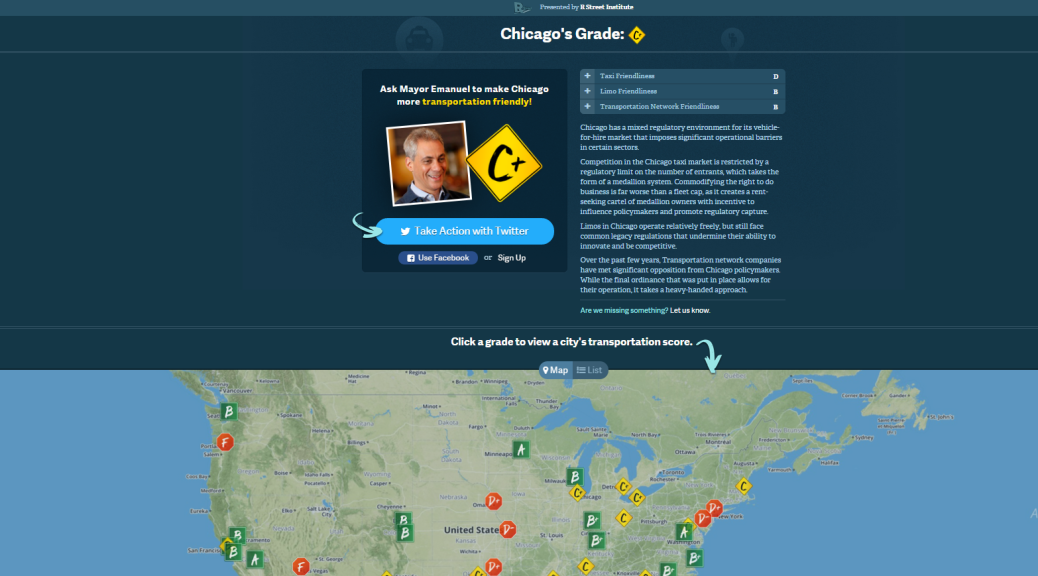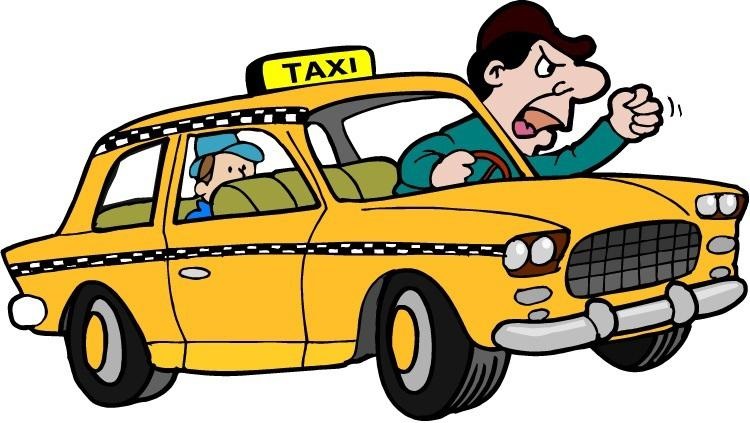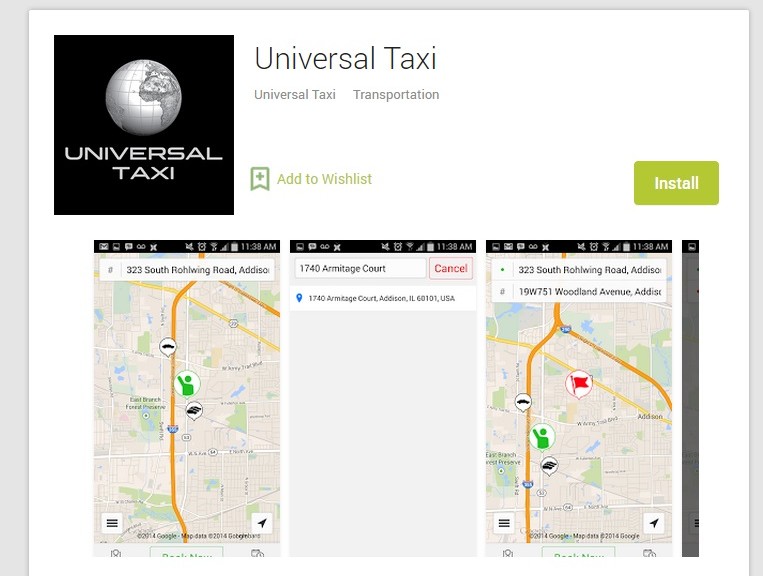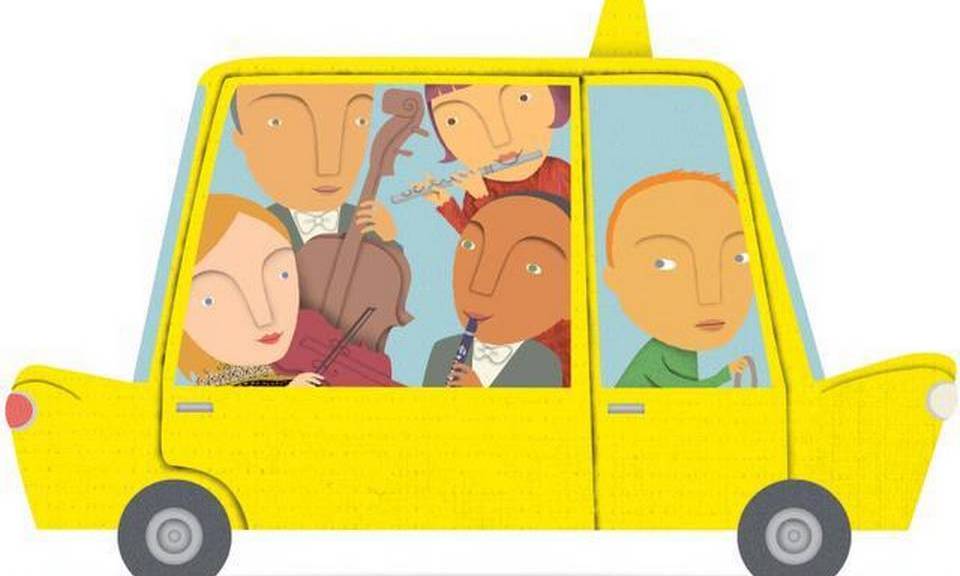Visit R Street’s companion website, www.ridescore.org, for an interactive visual presentation of our regulatory scorecard.
Over the past several years transportaion on demand companies like Uber, Lyft and Sidecar have attracted millions of riders, rattled competitors and upended markets with the whirlwind forces of creative destruction. Their success has sparked heated debates in city halls across the country, as lawmakers grapple with antiquated transportation regulations and their many self-interested defenders.
Like many other peer-production businesses, the hallmark of these transportation network companies (TNCs) is disintermediation, or the removal of middle men who previously were necessary to facilitate connections. By cutting out taxi-fleet operators and license owners, TNCs aim to improve service levels and reduce prices. The direct connection of buyers and sellers can exploit underutilized capital in the form of a practically limitless pool of available drivers, thus helping to reduce costs for both consumers and providers.
In June 2014, Uber famously attracted funding from major investment firms that suggested a staggering valuation of $17 billion. While some observers have dismissed this number, even relatively pessimistic assumptions yield multi-billion dollar valuations. New York University Professor Aswath Damadoran estimates Uber is worth nearly $5.9 billion, which would be quite impressive for a five-year-old company that premiered its lower-cost UberX service (in which private vehicle owners pick up fares in smaller, more fuel-efficient vehicles) in select cities just two years ago.
The early results suggest, at minimum, that TNCs are having a significant impact on taxi usage. The San Francisco Municipal Transportation Agency reported that taxi trips dropped 65 percent over the course of just 15 months, from 1,424 per month to just 504.
In fact, TNCs may expand the market substantially, by convincing consumers to use the service at times they otherwise would not have called a taxi or limo. NYU’s Damadoran pegged the global car service market at $100 billion, suggesting that even if one TNC achieved a strong position globally, it would be unlikely to yield a valuation north of $15 billion. Such lofty numbers are justified by the projection that TNCs will expand use-cases for their services by drawing business from those who otherwise would rely on owned or rented cars, or utilize public transit, to satisfy their transportation needs.
As noted in an earlier R Street Institute policy study, this economic advancement brings with it the potential for huge amounts of added economic growth. The McKinsey Global Institute has estimated that social networking technologies, which include but aren’t limited to peer-production businesses like TNCs, could potentially add $1.3 trillion of annual consumer surplus in just four key sectors of the economy: consumer packaged goods, consumer financial services, professional services and advanced manufacturing. Given the vital role individual vehicular transportation plays in the global economy, it seems reasonable to estimate the impact of TNCs numbers in the billions of dollars.
Their success has not gone unnoticed, or unchallenged, by the entrenched taxi and limo industries in many localities. The policy response has varied wildly from one locality to the next, with some embracing the opportunity inherent in added competition and others seeking to shut it down before it ever takes off. Taxi drivers complain that TNCs are operating outside the scope of existing taxi regulation, in effect branding them “gypsy cabs” operating on the black market. They argue that embracing TNCs will erode market share for taxis, whittling away at revenue and employment in an already-turbulent business.
To remedy this, most entrenched interests have suggested requiring TNCs to submit themselves to the often ill-fitting regulations that currently govern taxi and limo service, despite major differences in business structure that call for tailoring an alternative treatment. Whether requiring them to purchase expensive supplemental licenses (often called “medallions”) or submit themselves to elaborate pricing mandates, the complex requirements taxi companies seek to impose on TNCs would severely hamper, if not eliminate, their ability to operate in most cities. While it is understandable that taxi and limo interests might resent TNCs for their leaner business model, the impulse to seek the expansion of restrictive regulations – rather than broader reforms that reduce the burden on all competitors – is worrying.
Taxi and limo interests do indeed shoulder heavy and, often, unnecessary regulatory burdens. The emergence of TNCs thus should be a golden opportunity to discuss full-scale, pro-consumer regulatory reform. Alas, in many cities, it has instead turned into a political battle, in some cases literally spilling into the streets through protests and traffic disruption by frustrated taxi drivers.
To paint a comprehensive picture of transportation regulation across the country, we embarked on an ambitious research project to grade 50 of the largest U.S. cities on their friendliness to the full range of for-hire vehicle services. The challenges relate to more than just TNCs, thus we also surveyed restrictions on taxi and limo services. In each city, we gathered information on key regulatory variables for TNC, taxi and limousine services, awarding numerical scores for each category that reflect deviation from a base score. Combining the grades for TNC regulatory friendliness, taxi regulatory friendliness and limo regulatory friendliness together yields an overall “ride score” that describes the city’s openness to competition in the market for hired vehicle services. Forty percent of the overall ride score derives from TNC friendliness, 40 percent from taxi friendliness and 20 percent from limo friendliness.
The scorecard is graded on a curve. If measured against an ideal system – one with the proper balance of public health and safety regulations that don’t unnecessarily restrict competition – most cities would fare poorly. Every jurisdiction has at least some rules of questionable utility. While none are perfect, some cities do a better job of fostering competition while protecting the public interest. This analysis is an attempt to identify them.





